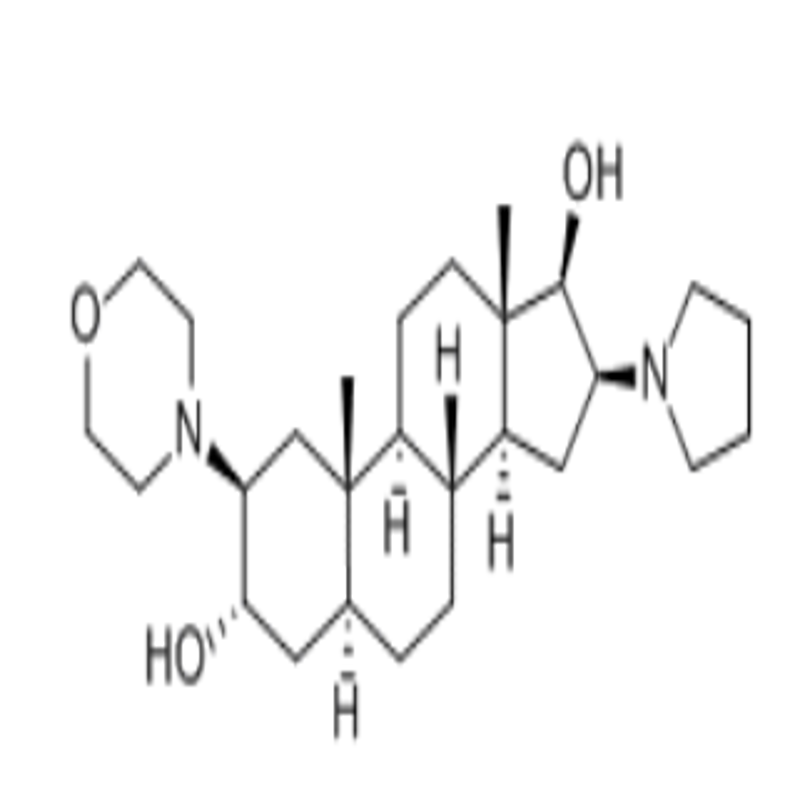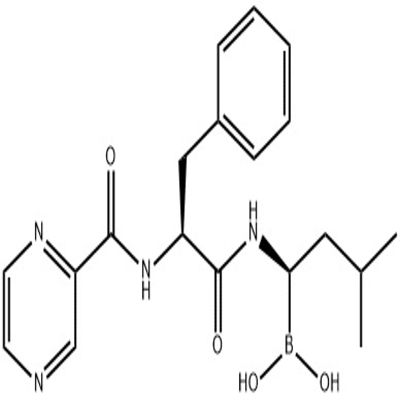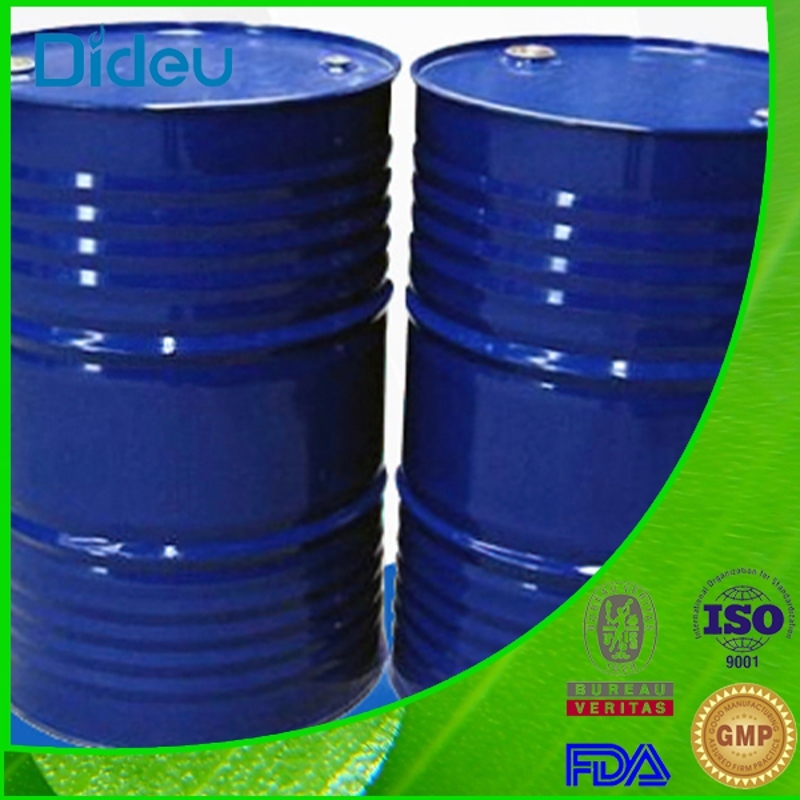-
Categories
-
Pharmaceutical Intermediates
-
Active Pharmaceutical Ingredients
-
Food Additives
- Industrial Coatings
- Agrochemicals
- Dyes and Pigments
- Surfactant
- Flavors and Fragrances
- Chemical Reagents
- Catalyst and Auxiliary
- Natural Products
- Inorganic Chemistry
-
Organic Chemistry
-
Biochemical Engineering
- Analytical Chemistry
-
Cosmetic Ingredient
- Water Treatment Chemical
-
Pharmaceutical Intermediates
Promotion
ECHEMI Mall
Wholesale
Weekly Price
Exhibition
News
-
Trade Service
In the chemical industry, 3,4-thiophenediol (TD) is a versatile intermediate that finds widespread use in the production of a variety of chemicals, plastics, and pharmaceuticals.
As such, the safe and efficient production of TD is of paramount importance to the chemical industry.
One of the key considerations in the production of TD is the safe handling of the chemical, as it is classified as a toxic and hazardous material.
This makes it crucial that workers in the chemical industry follow strict safety guidelines when handling TD, and that they receive proper training and instruction on how to safely handle the chemical.
One of the primary concerns in the production of TD is the potential for fires or explosions, as TD is highly flammable and can ignite when exposed to heat or sparks.
To minimize the risk of fires or explosions, it is crucial that workers follow all safety procedures and guidelines, including wearing the appropriate personal protective equipment (PPE) and ensuring that all equipment is functioning properly.
In addition, it is important to ensure that all TD handling operations are conducted in a well-ventilated area, and that fire extinguishers and other emergency response equipment are readily available.
In addition to the potential for fires or explosions, TD can also pose a risk to worker health and safety if proper safety procedures are not followed.
TD is classified as a toxic and hazardous material, and prolonged exposure to the chemical can lead to a range of health issues, including respiratory problems, skin irritation, and even cancer.
To minimize the risk of health and safety issues, it is essential that workers follow all safety guidelines and procedures, including wearing appropriate PPE, limiting exposure to the chemical, and ensuring proper disposal of any TD waste.
Another important consideration in the production of TD is the need for strict quality control measures.
TD is a critical intermediate in the production of a variety of chemicals, plastics, and pharmaceuticals, and any contamination or impurities in the final product can have a significant impact on the quality and effectiveness of the final product.
As such, it is essential that all TD production processes are carefully monitored and controlled, with strict quality control measures in place to ensure the purity and quality of the final product.
In addition to the safety and quality considerations, there are also environmental concerns associated with the production of TD.
As with any chemical production process, there is the potential for environmental pollution and damage, including the release of hazardous chemicals into the air, water, and soil.
To minimize the environmental impact of TD production, it is essential that all production processes are designed and operated with the environment in mind, with strict controls on emissions and waste disposal.
In conclusion, the production of 3,4-thiophenediol (TD) is a complex and challenging process that requires careful consideration of a wide range of factors, including safety, quality, and environmental concerns.
To ensure the safe and efficient production of TD, it is essential that workers receive proper training and instruction on how to handle the chemical, and that all production processes are carefully monitored and controlled.
By following these guidelines, the chemical industry can ensure the safe and efficient production of TD, while minimizing the risk of health and environmental harm.







